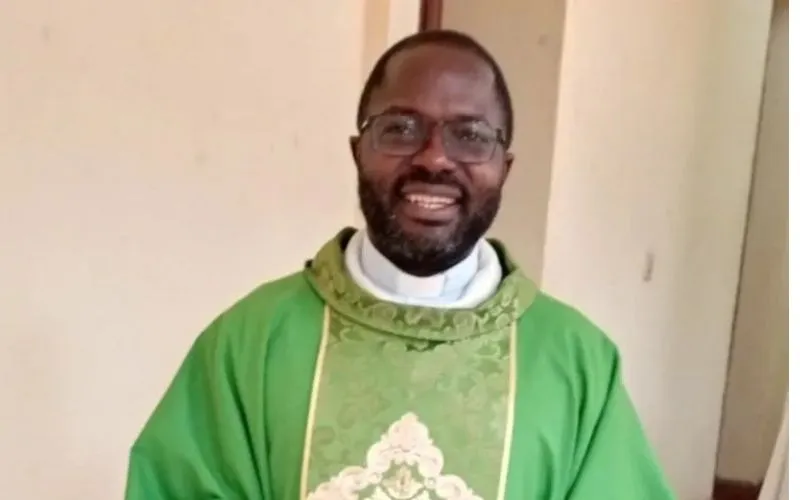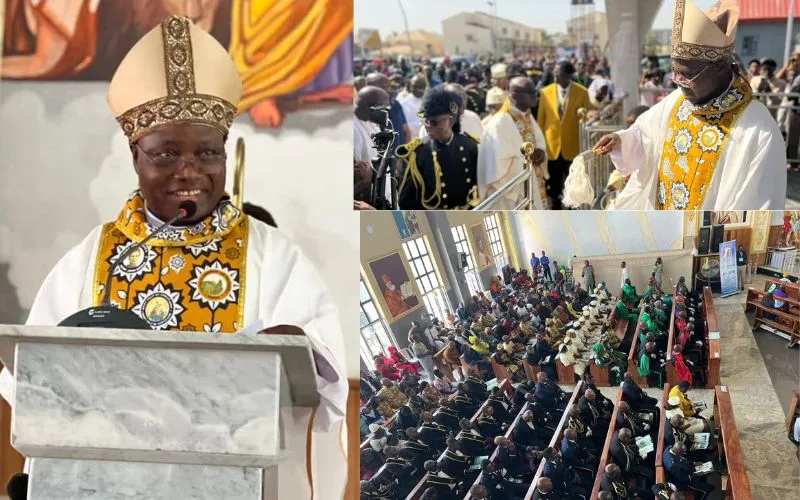Luanda, 14 November, 2024 / 6:58 pm (ACI Africa).
The Executive Secretary of the Catholic Commission for Justice and Peace (CCJP) of the Catholic Bishops’ Conference of Angola and São Tomé (CEAST) has acknowledged the existing freedom and peace as gains achieved since the country’s independence, and appealed for a renewed commitment to reconciliation in the country.
In an interview with ACI Africa on Monday, November 11, the day Angola celebrated 49 years of independence, Fr. Celestino Epalanga expressed appreciation for the many men and women who have worked over the past 49 years to build Angola.
“After independence, what is the greatest gain?” Fr. Epalanga posed, and offered, “It is freedom. Independence means this. Freedom. It is freedom, which is an inherent value to the human being.”
“We are born free and enjoy this freedom as sons and daughters of God. And there is nothing more dignified, holier, or more serious than freedom itself; this cannot be negotiated,” he said.
The Angolan member of the Society of Jesus (SJ/Jesuits) said, “The second gain is peace, a deep longing of all people across all times and places—a desire to live in harmony. Without peace, there can be no development.”








